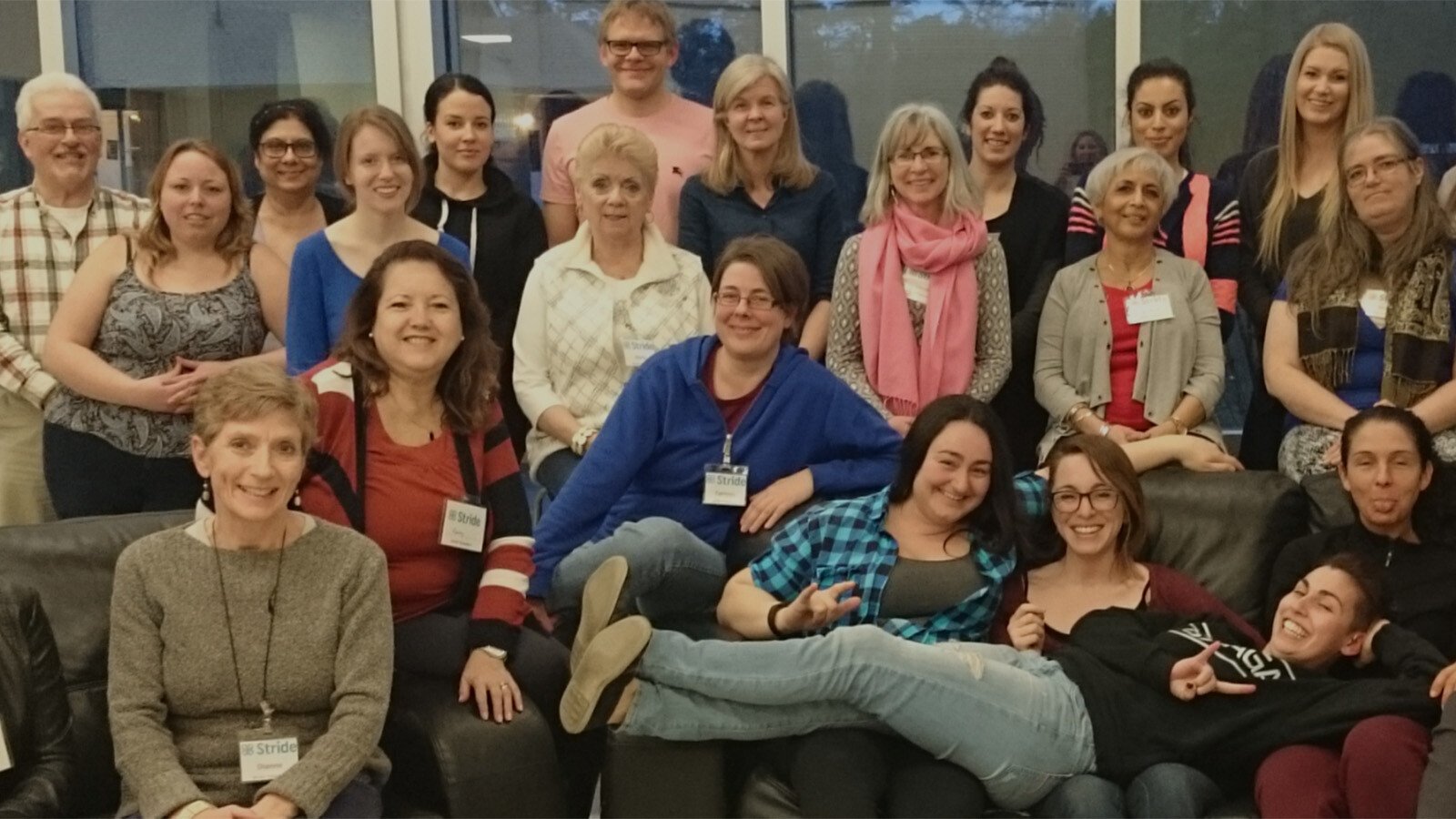You don’t have to spend much time watching the news to learn that there is a tragic amount of conflict in the world right now. According to the Conflict Index consolidated by Armed Conflict Location & Event Data (ACLED), there are currently 50 countries engaged in extreme, high, or turbulent levels of conflict.[i]
For those fortunate enough to make it to safety, Canada remains a beacon of hope. In 2024, there were 46,480 refugee claimants to Canada from countries such as Afghanistan, Democratic Republic of the Congo, and Haiti.[ii] Community Justice Initiatives (CJI) in Kitchener is an organization that is helping refugees, many of whom are traumatized, to settle into their new lives in Canada.
What does the word “refugee” mean? According to the United Nations High Commissioner for Refugees (UNHCR), a refugee is a person who has been forced to leave their home country and who is afraid to return because of war, violence, or persecution based on race, religion, nationality, political opinion or membership in a particular social group.[iii] As early as the 1770’s with Quakers fleeing the American Revolution, to the Boat People from Vietnam in 1979, to the almost 45,000 Syrian refugees who have arrived in Canada since 2015, Canada has long been a safe haven for refugees from around the world[iv].
Often refugees have private sponsorship – say, a church group – that agrees in advance to support the refugee and their family for the first year that they are in Canada. There are also government-sponsored refugees who the Government of Canada supports for their first year in Canada. Both sponsored and government refugees are referred from outside Canada by the UNHCR.
However, what happens to refugees who are already in the country or who claim asylum from within the country? There is a lot of paperwork that needs to be completed in advance of a hearing that will decide if the claimant can remain in Canada. This process can take many months, during which the claimant is not allowed to legally work in Canada. In the meantime, refugee claimants need a place to stay. CJI’s Open Homes program connects refugee claimants to host homes, providing them with much needed safe shelter.
Open Homes is not new to our community. The program has been supporting refugees for many years as they transition to our community. Originally, it started in the Mennonite community and was run by volunteers. CJI has recently begun to oversee the program with support from the program founders and previous hosts.
According to Julie Friesen, who oversees the Open Homes program, welcoming and safe housing is a critical first step that sets the refugee claimant up for success. “Having a roof over your head is a crucial factor in well-being, and having stability in your housing enables you to feel more secure as you transition into our community and access other community services,” states Julie. Interestingly, this doesn’t require accessing new spaces, but rather, “there are places for people to live in spaces that already exist.”
Open Homes is a transitional housing model for refugee claimants as they work through the paperwork related to their claim. Usually, folks are referred to Open Homes from refugee support agencies. Home providers are supported to think about how they can show up in the relationship with the refugee claimants, different activities they can do together, and how power and privilege might show up.
The expectation is that the hosts and guests will share common space while allowing for everyone to have their own space as well. This could take the form of a bedroom, granny suite, or even a basement apartment in the home. “What we are looking for is radical hospitality – the newcomers have caseworkers to handle the legalities of their claim – what they need is support, friendship, and community building,” explains Julie. CJI offers supports with conflict coaching and mediation, and connects folks with community, housing, and employment resources.
CJI has some hosts ready to support refugee claimants; however, there is a huge need for more hosts willing to share their homes. Many housing providers have shared their home multiple times.
What’s in it for the housing providers? For most, it’s a way to live their values of compassion and empathy. For many others, they find that this is one way to become an activist, by supporting folks who were radically trying to become visionaries in their home countries, and were forced to flee for their own safety. “You may not be able to go to that country and be a witness for peace, however you can do something to support that in a small way here,” explains Julie.
It’s also a way to learn about a different culture and about people you wouldn’t have met before. People who have shared their homes often speak of the richness of that experience, and often remain friends with the families they’ve hosted. For the refugee claimants, who have lost so much through war or persecution, CJI’s Open Homes program is the helping hand they need to build a new, safer life in Canada.
Kindred Credit Union is pleased to support the Open Homes program that exemplifies our core value of compassion, moving our communities closer to peace and prosperity.
[i] https://acleddata.com/conflict-index/
[ii] https://www.irb-cisr.gc.ca/en/statistics/protection/Pages/RPDStat2024.aspx
[iii] https://www.unhcr.org/about-unhcr
[iv] https://www.canada.ca/en/immigration-refugees-citizenship/services/refugees/about-refugee-system/how-system-works/history.html

